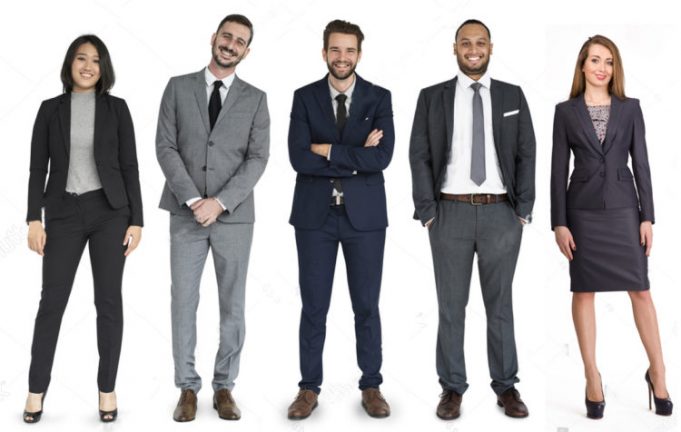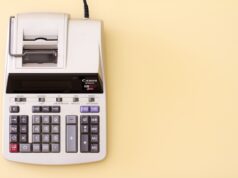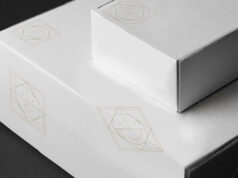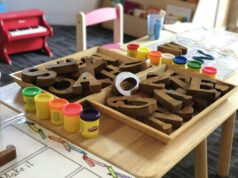Interviewers sum up how they feel about potential employees in the first few minutes of meeting them. Impressive resumes and backgrounds get people in the door for an interview, but how job hopefuls dress, present themselves and behave are major deciding factors in whether they get hired.
Personal Grooming and Hygiene
It should go without saying that interviewees arrive at their interview freshly showered and in clean clothes. Some personal grooming hints, however, may be less obvious.
Men’s grooming is just as important as women’s grooming. Professional men who take their work seriously arrive to discuss business clean and neat.
It is best not to wear strong perfumes, aftershaves, or colognes. It is impossible to know ahead of time if the interviewer is sensitive to scents or finds strong fragrances distasteful. Many workplaces require that employees not use scented products, including (but not limited to) restaurants in which the smell of food is important and small offices in which people work in close proximity to each other.
A lightly scented bar of soap is all that is needed before an interview.
Oral Hygiene
Oral hygiene goes beyond brushing teeth. Never smoke just before an interview, and do not arrive with the smell of cigarettes on clothing or in hair. If the interviewer is repulsed by cigarettes, no resume is impressive enough to secure the job.
Hair Care
The rules are just as important for men as they are for women. Long hair must be neatly tied back and worn off the face. Employers want to look interviewees in the eye and not have to search for people hiding behind their hair.
Dress for Interview
Casual business clothing is the general rule for attire at interviews. Men don’t have to wear formal suits, but they should wear slacks and not jeans. Button-down shirts are most appropriate and wearing a tie shows that they really care.
Women are appropriately dressed in pants or a skirt. Pants should be khakis, linen or rayon, and not jeans. Skirts must go below the knee; women should never wear shorts or short skirts to a job interview. When women sit, their thighs should not show. Too much leg showing makes some employers uncomfortable, cause some to simply lose respect for the women, or possibly choose to hire for the wrong reasons. Women may wear blouses that button down the front, or shells or light sweaters.
Both genders are well-advised to wear closed-toe shoes to a job interview. Sandals, athletic shoes, and flip-flops are unprofessional.
Accessories and Appearance
Backpacks, purses, and bags look unprofessional. An interviewee will make the best impression by carrying either a briefcase or nothing. If the job is not one in which a briefcase would normally be used, it is best to leave the purse, bag, fanny pack or knapsack at home or in the car, if possible.
Makeup on women should be subtle, and on men nonexistent during a job interview. Looking clean makes a better impression than looking made up.
Jewelry should also be minimal. Women may choose one piece, such as one pair of earrings or one necklace only. These can be in addition to an engagement and wedding ring.
Men are better off foregoing jewelry except for a wedding or class ring.
Tattoos and piercings are personal grooming preferences but employers have preferences, too. It is best to remove any other jewelry not mentioned above, including any tongue or facial piercings. If an employer needs to hire someone who must speak clearly to the public or on the phone, a tongue piercing and the resulting clicking noise is unimpressive.
Cover tattoos with clothing. It may or may not be necessary to do so while working.
The bottom line is that when people want to be hired they dress to impress the employer. This includes appearing as they will for work, offering a handshake, and most important a big, sincere and warm smile.









![Otto Insurance Review [2024]: Does It Actually Offer Insurance? otto insurance](https://www.techpreview.org/wp-content/uploads/2024/04/otto-insurance-reviews-1-64d5cc741e012-238x178.webp)









